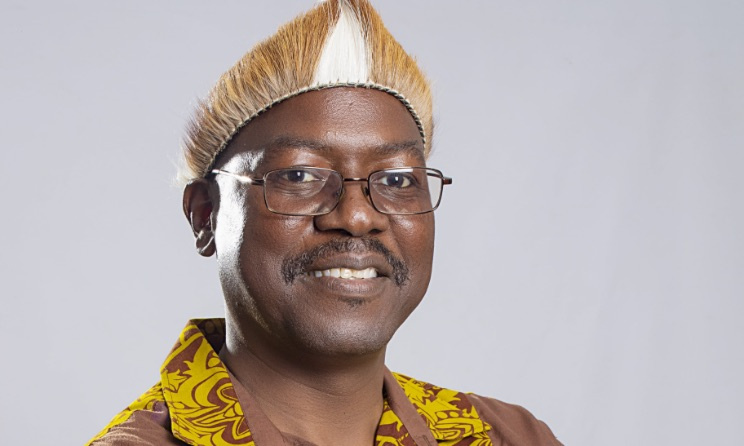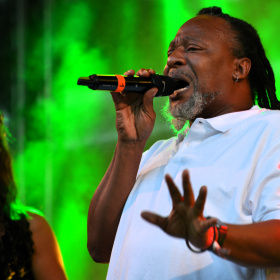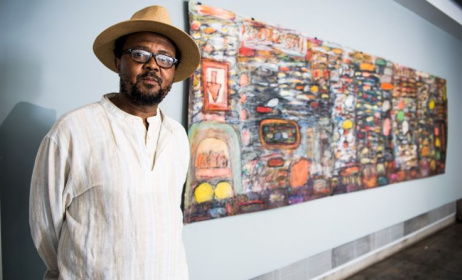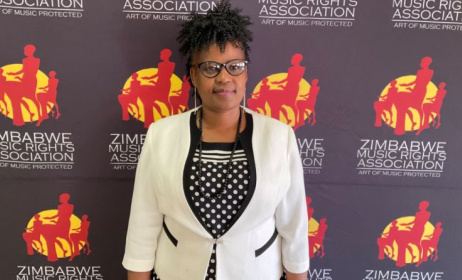National Arts Council of Zimbabwe director Nicholas Moyo joins IFACCA board
The National Arts Council of Zimbabwe (NACZ) director Nicholas Moyo has been appointed to the board of the International Federation of Arts Councils and Culture Agencies (IFACCA).
 National Arts Council of Zimbabwe director Nicholas Moyo.
National Arts Council of Zimbabwe director Nicholas Moyo.
Moyo was elected on 2 May in Stockholm, Sweden, at a meeting of IFACCA held during the ninth World Summit on Arts and Culture which ran under the theme Safeguarding Artistic Freedom.
The IFACCA board comprises committed leaders in the arts and culture field who meet at least twice each year to oversee the good governance and sustainability of the federation in keeping with its constitution. Other IFACCA board members include chairperson Simon Brault (Canada), deputy chairperson Kristin Danielsen (Norway) and treasurer Simon Mellor (England) as well as board members Nguyen Phuong Hoa (Vietnam), Adrian Collette AM (Australia) and Kajsa Ravin (Sweden).
As part of the board, Moyo will provide guidance and insight in shaping the federation’s strategic vision and direction, consider expressions of interest for membership and guide and inform the work of the secretariat to ensure it delivers on the IFACCA Strategy. His appointment will see him chairing the Africa regional chapter of the federation, which comprises national committee member states who are mostly Ministry of Culture or arts council officials, whose primary role is to support the arts and culture through investment, promotion and policy.
Moyo has been at the helm of the NACZ for the past five years where he has superintended the formulation and implementation of stakeholder-driven policies aimed at achieving professionalism, industrialisation and digitalisation of the cultural and creative sector in Zimbabwe in line with the National Development Strategy 1 (NDS1) and Vision 2030.
Founded in 2000, IFACCA is a global network of arts councils, ministries of culture and government agencies that is committed to international dialogue and exchange, undertaken in a spirit of solidarity, inclusion, reciprocity, and mutual learning. The federation represents plural voices and perspectives, unified in the belief that arts and culture are a public good – with the potential to further inclusive social transformation – to be shaped and accessed equitably by all peoples. It represents over 70 countries in developed and developing countries across Africa, the Americas, Asia, Europe, the Middle East, and the Pacific.































Comments
Log in or register to post comments